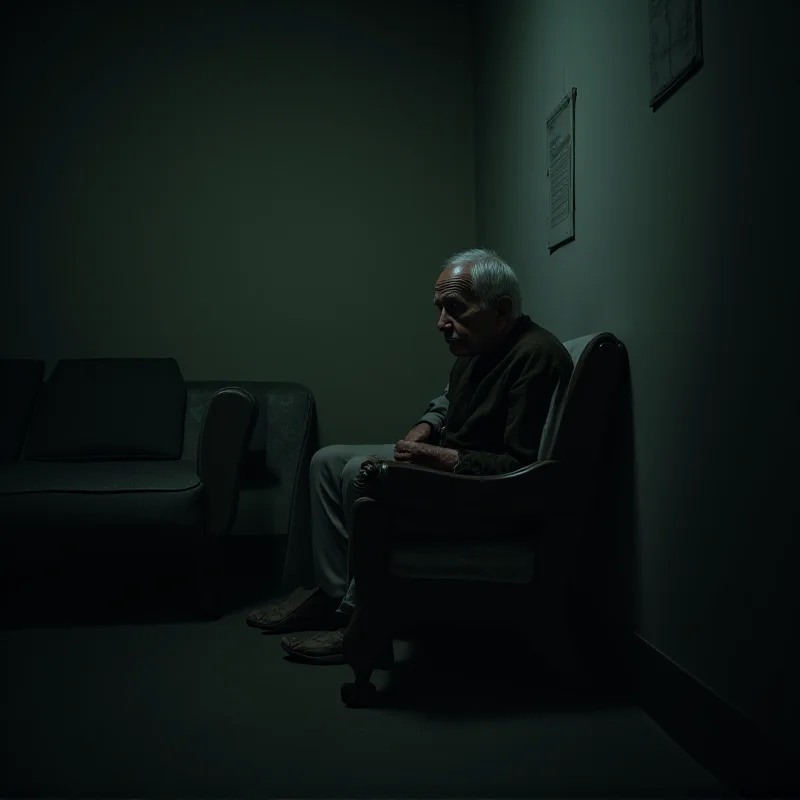Spain is currently grappling with a variety of health challenges, from ultra-rare diseases to mental health concerns and access to social care. Recent developments highlight the efforts being made to address these issues and the ongoing struggles faced by patients and their families.
Tackling Ultra-Rare Diseases: A Clinical Trial for TK2d
An ultra-rare disease known as TK2d has been identified in a disproportionately high number of cases in Spain. Neurologist Cristina Domínguez from Hospital 12 de Octubre is leading a crucial clinical trial aimed at providing treatment for adult patients suffering from this condition. The trial offers hope for dozens of individuals affected by TK2d, a disease that often presents significant diagnostic and therapeutic challenges.

“This clinical trial is a significant step forward in our understanding and treatment of TK2d,” says a representative from Hospital 12 de Octubre. “We are committed to providing the best possible care for our patients.”
Raising Awareness: Unmasking the Invisible
Beyond the clinical setting, organizations are working to raise awareness about the challenges faced by individuals living with rare diseases. A new campaign launched by Sobi and FEDER aims to give visibility to the stories behind these conditions, highlighting the daily struggles of approximately three million patients and their families in Spain. The campaign seeks to bring these stories into the public conversation, fostering greater understanding and support.
Mental Health Initiatives: Suicide Prevention
Mental health remains a critical area of focus. The recent approval of Spain's first National Action Plan to prevent suicidal behavior marks a significant step forward. Miguel Guerrero Díaz, coordinator of the specialized unit Cicerón, emphasizes the importance of everyday support: listening without judgment, being present for those in distress, and challenging the myths and stigmas surrounding suicide.

“Suicide prevention begins in everyday life,” Guerrero Díaz states. “It’s about creating a supportive environment where people feel safe to seek help.”
Concerns Over Social Care: The Plight of Dependents
However, access to care remains a significant concern for many. An alarming report from an association of social services heads reveals that dependents in Spain, particularly in the Canary Islands, Catalonia, and Murcia, are facing increasingly long waiting times for essential care. The association denounces that the time taken to address requests has increased, reaching 334 days in 2025. This delay in care leaves many vulnerable individuals without the support they desperately need.

The situation is so dire that every 15 minutes, a dependent dies while on the waiting list in Spain, with 270,000 currently awaiting unreceived care. This underscores the urgent need for improvements in the social care system to ensure that vulnerable individuals receive timely and adequate support.
Spain's healthcare system is facing multifaceted challenges. While progress is being made in areas such as rare disease treatment and mental health initiatives, significant gaps remain in access to social care, highlighting the need for continued efforts to improve the well-being of all citizens.
